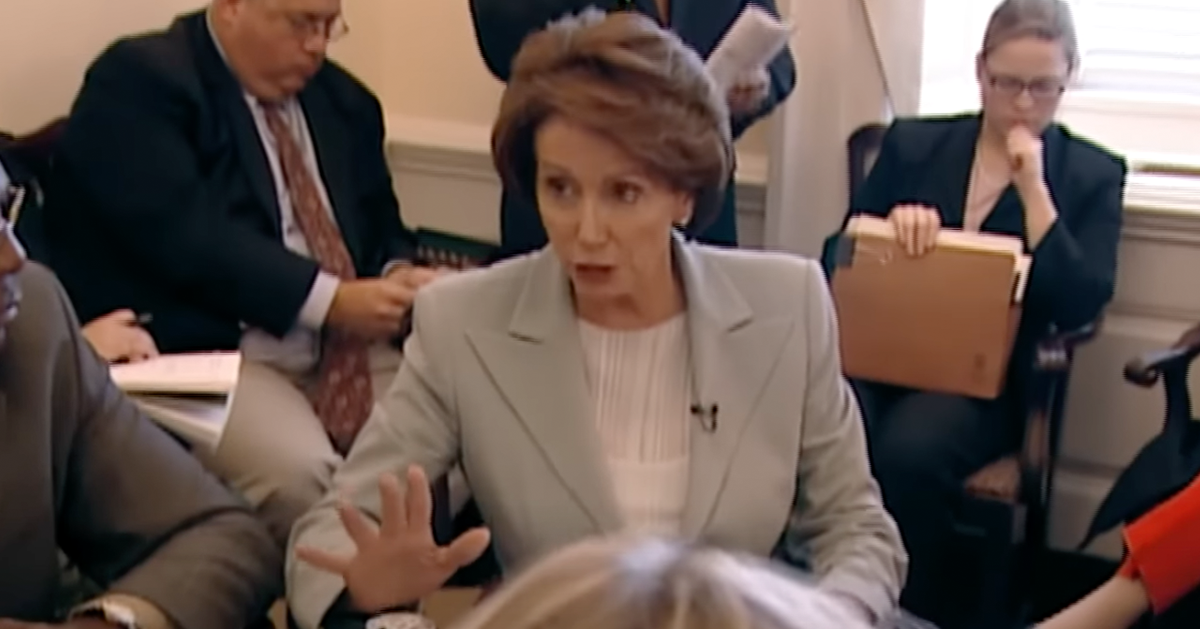Newsom Rejects Bill For Enhanced Air Monitoring Near Refineries
The Hill reported that Governor Gavin Newsom of California vetoed a bill aimed at improving air quality monitoring around oil refineries.
On a recent Monday, Governor Newsom rejected SB 674, a legislative proposal designed to intensify monitoring of air pollution around petroleum-related facilities. The bill aimed to extend current air quality oversight measures to include a broader range of facilities producing various petroleum products.
SB 674, the vetoed legislation, specifically targeted so-called fence-line zones—areas immediately adjacent to oil refineries. If passed, it would have required these facilities to maintain pollution data for at least five years.
Enhanced Air Monitoring Aimed to Protect Communities
SB 674 would have expanded the scope of monitoring to cover not only oil refineries but also producers of gasoline, diesel, aviation fuel, and other petroleum-based products. This expansion would have significantly broadened oversight beyond the current standards.
The bill would have required affected facilities to undergo third-party audits and submit quarterly reports. Additionally, these facilities would have needed to conduct comprehensive root-cause analyses within 24 hours of detecting any significant pollution incident.
State Senate Majority Leader Lena Gonzalez championed the bill, arguing that it would establish a much-needed statewide standard for air quality monitoring, offering better protection to communities living close to these facilities.
Governor Newsom Cites Existing Efforts and Budget Constraints
Governor Newsom opposed the bill, citing effective measures that local air quality management districts had already implemented. He expressed concerns that the bill would duplicate efforts and impose an additional financial burden on the state budget.
Governor Newsom stated, "While I share the author’s desire to protect communities from air pollution, local air quality management districts are already carrying out the necessary action to do just that." A looming $44.9 billion budget shortfall projected for fiscal year 2025 also influenced his decision.
The Governor criticized the bill's prescriptive nature, which would have required areas with existing programs to adopt even more stringent measures. He highlighted the lack of designated state funds to support these expanded efforts.
Reactions to the Veto Reflect Disappointment and Concern
State Senate Majority Leader Lena Gonzalez expressed significant disappointment in response to the veto, describing it as "a devastating blow to the years of hard work and advocacy by communities affected by refinery air pollution."
Gonzalez added in her criticism of the decision, "Fenceline communities urgently need improved air monitoring, and it shouldn’t be this difficult to establish a system that provides them with the most necessities — transparency and information about the toxic chemicals being released into their neighborhoods."
Oscar Espino-Padron, a Senior Attorney for Earthjustice, further echoed the sentiment, labeling the Governor's decision as "a missed opportunity to enact meaningful change that could have saved lives and improved public health."
Looking Forward: Advocacy and Legislative Challenges
Gonzalez stated, "I am deeply disappointed by this outcome, but we cannot walk away from this issue. Our communities demand and deserve stronger protections," indicating that the fight for enhanced air quality monitoring will continue despite this setback.
The discussion around SB 674 highlights the ongoing struggle between economic considerations and environmental health needs. While local efforts receive acknowledgment, the debate continues over the push for state-level standards and funding.
In her closing remarks, Gonzalez reaffirmed her commitment to reintroducing similar legislation in the future, hoping to eventually secure the necessary protections for communities impacted by industrial pollution.
Conclusion: A Continued Call for Environmental Vigilance
Governor Gavin Newsom's veto of SB 674 underscores a significant policy debate in California—balancing fiscal constraints with environmental safety. Proponents of the bill vow to continue their advocacy, emphasizing the ongoing need for robust air quality monitoring in fence-line communities.
Advocates push for statewide standards that could provide transparency and improve public health, highlighting a persistent challenge in environmental policy circles.





